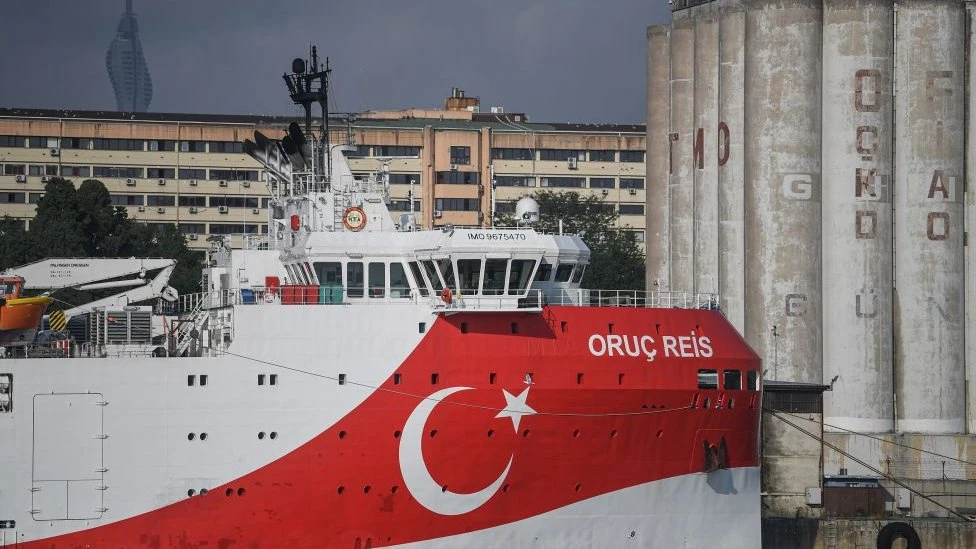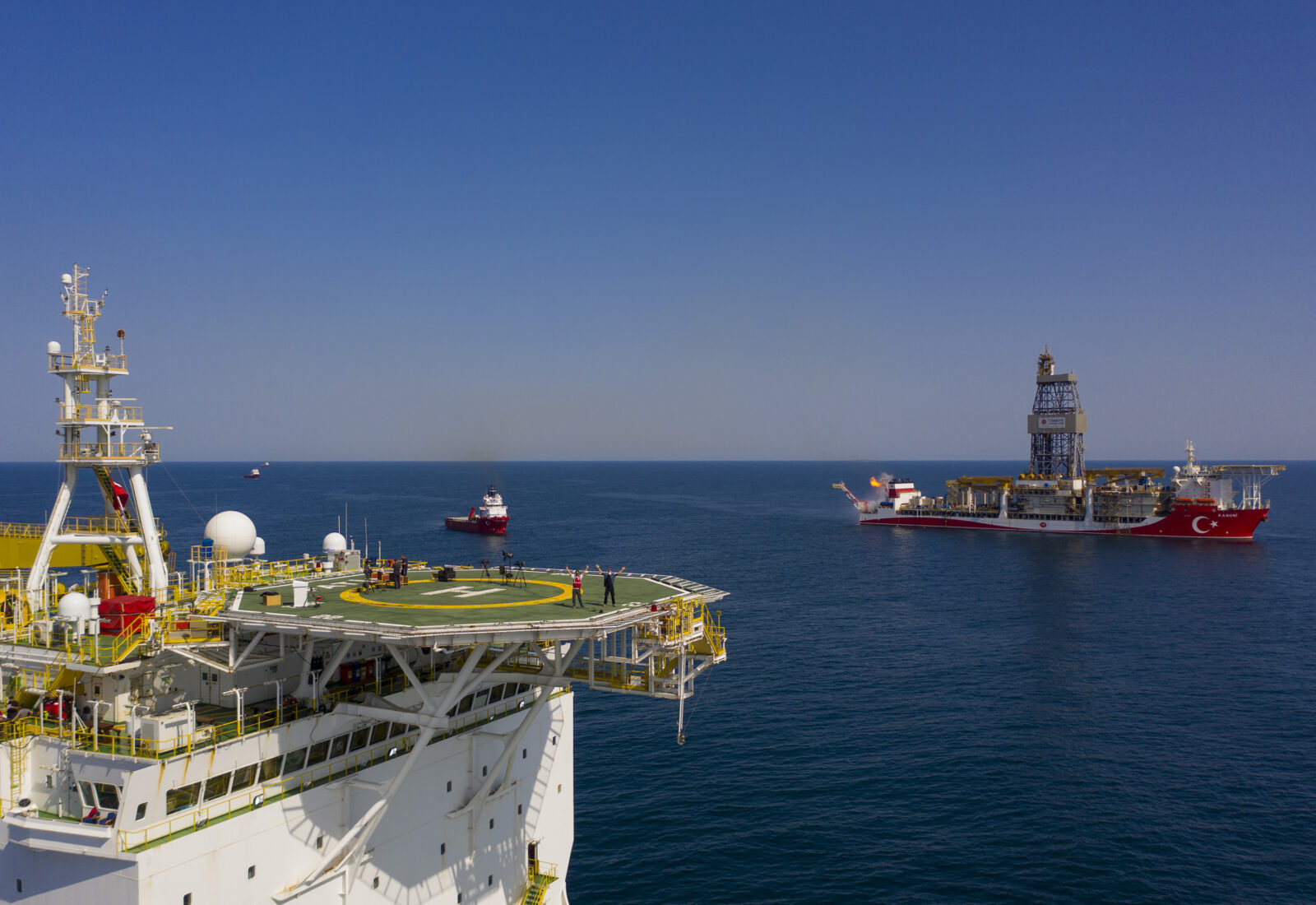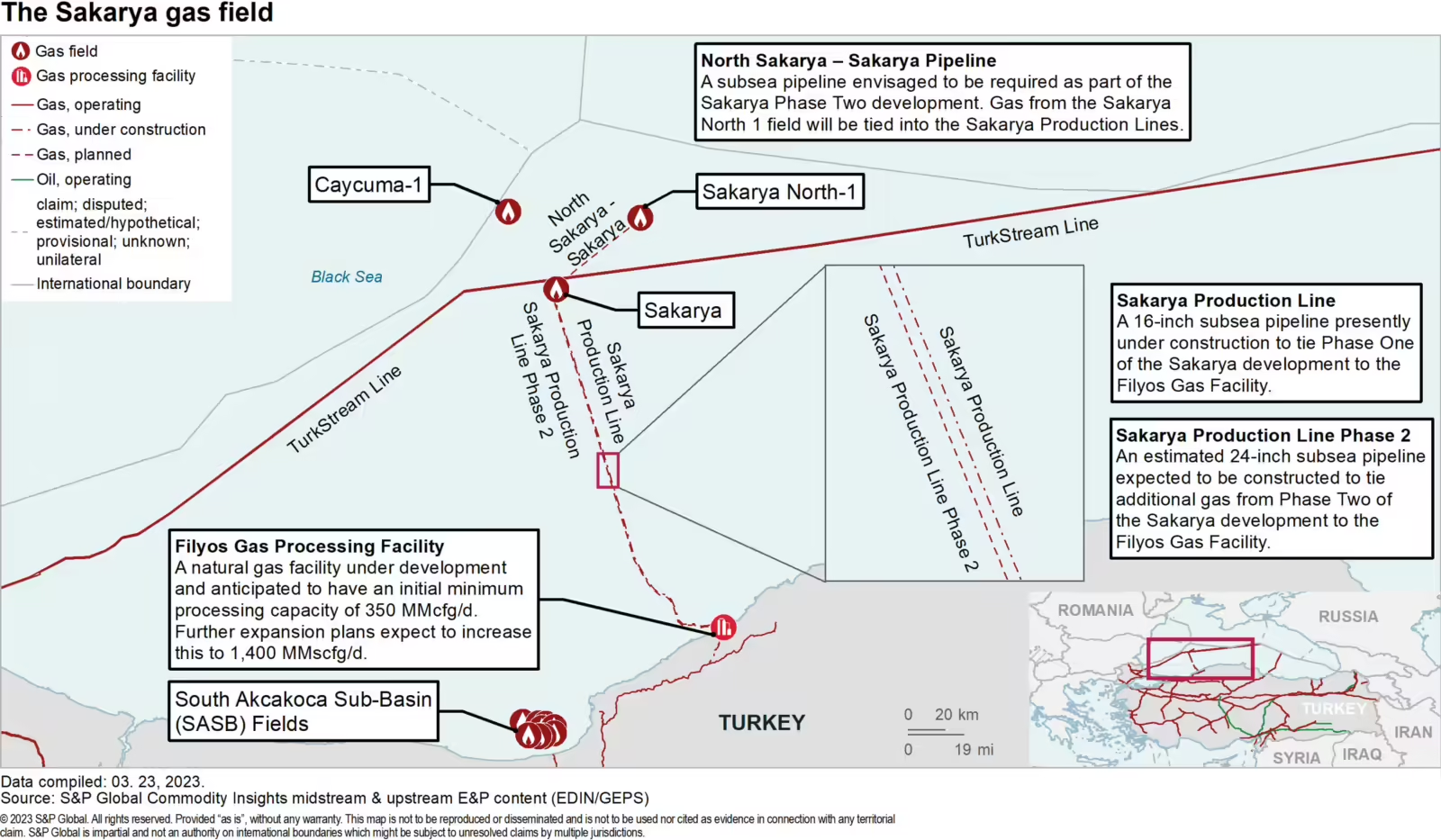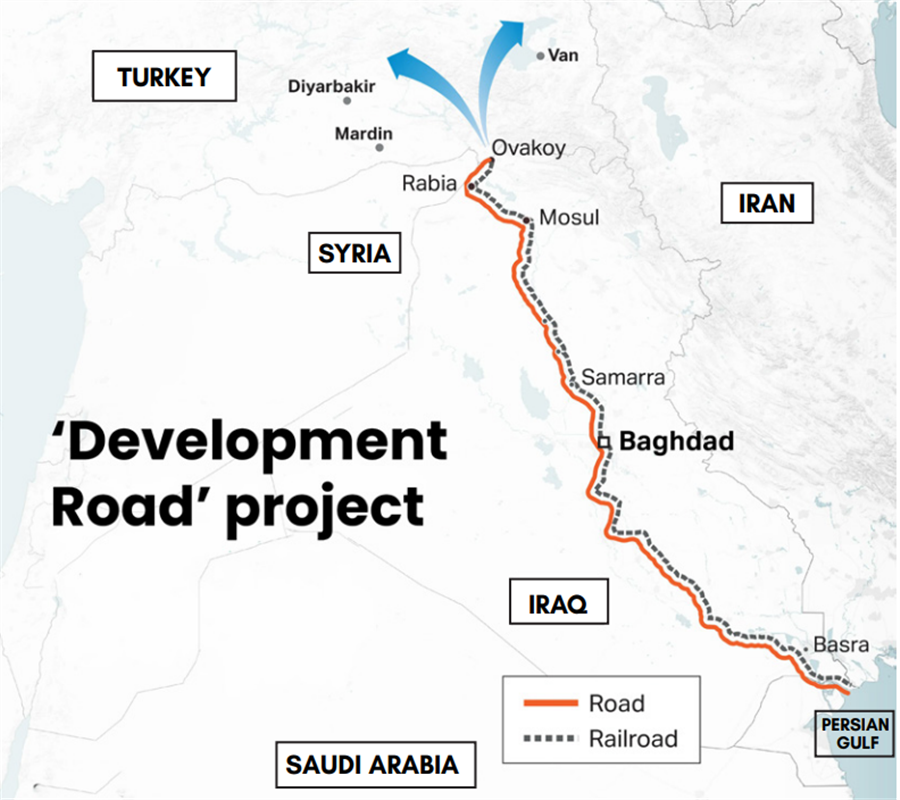Türkiye to send Oruc Reis seismic research vessel to Somalia
 The General Directorate of Mineral Research and Exploration (MTA) Oruc Reis Seismic Research Vessel (Getty Images)
The General Directorate of Mineral Research and Exploration (MTA) Oruc Reis Seismic Research Vessel (Getty Images)
Türkiye is set to deploy the Oruc Reis seismic research vessel to Somalia by the end of September or early October, announced Energy and Natural Resources Minister Alparslan Bayraktar.
Oruc Reis vessel to depart by end of September
Speaking at Anadolu Agency (AA), Bayraktar emphasized that this mission is part of Türkiye’s broader energy exploration strategy and that Türkiye has secured exploration licenses for three blocks in Somali waters.
The General Directorate of Mineral Research and Exploration (MTA) Oruc Reis Seismic Research Vessel is set to head to Somalia.
“Our Oruc Reis Seismic Research Vessel will depart by the end of September or early October to conduct 3D seismic surveys in Somalia. We have three exploration licenses in Somalia, covering 15,000 square kilometers,” Bayraktar said, adding that this will mark the first 3D seismic work conducted in the region.

New gas production platform to boost Türkiye’s energy security
Bayraktar provided further updates on Türkiye’s efforts to increase domestic energy production and reduce reliance on imports. Türkiye has been exploring the Sakarya Gas Field in the Black Sea, where production is expected to reach a peak of 10 million cubic meters per day by the first quarter of 2025.
“We aim to meet the natural gas needs of 4 million households by 2025,” Bayraktar explained.
“With the second and third phases, we will continue to increase production, reaching 20 million cubic meters by 2026, which will cover the gas needs of 8 million households,” the minister added.
Bayraktar revealed that a new natural gas platform is currently en route from Singapore and is expected to arrive in Türkiye by late September. The platform will remain operational in the Sakarya Gas Field for the next 20 years.

Türkiye’s energy diplomacy, LNG diversification
Minister Bayraktar also highlighted Türkiye’s ongoing efforts to diversify its energy sources and reduce its trade deficit. He mentioned recent agreements with Shell and other countries to secure liquefied natural gas (LNG) supplies.
“Our recent LNG agreements are part of our strategy to diversify energy resources and reduce our reliance on imports,” Bayraktar said. “With this diversification, we can meet half of our gas needs through LNG imports. We have increased our gasification capacity to 160 million cubic meters per day.”
Bayraktar also discussed the importance of maintaining secure gas supplies for Europe amid potential disruptions because of the Ukraine-Russia conflict.
“We have already started exporting natural gas to several countries, including Hungary, Romania, and Bulgaria,” he added.
Exploration activities in Somalia, future potential
As for Somalia, Bayraktar said Türkiye is beginning to explore offshore blocks where initial seismic data has shown signs of petroleum reserves. He stressed that no definitive discovery can be confirmed until further analysis and drilling are completed.
“In a few months, we should have enough data to determine whether we need to drill and at what depth,” Bayraktar stated.
“If successful, the oil will be shared under a production-sharing agreement with the Somali government.”

Energy diplomacy with Iraq, Europe
Bayraktar also touched on Türkiye’s ongoing energy diplomacy with Iraq.
Despite the potential of Iraq’s oil resources, Bayraktar said that Türkiye’s involvement in three oil fields remains small, and there is potential for greater cooperation in oil and gas transport, particularly through the Development Road initiative that would include new pipelines.



